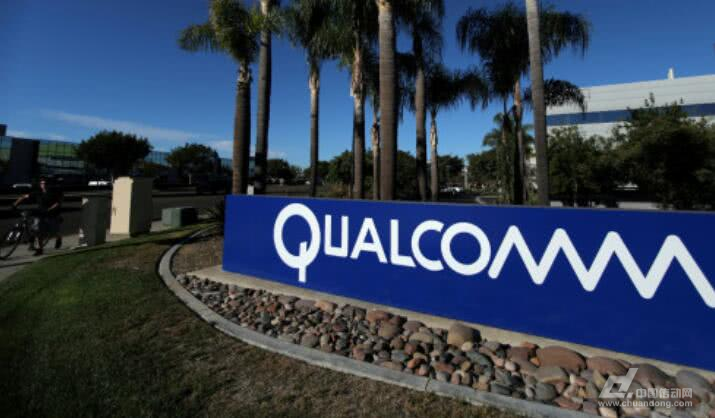Qualcomm Announces Accuracy of 95% in Artificial Intelligence Speech Recognition Systems
Qualcomm claims that the accuracy rate of its artificial intelligence speech recognition system has reached 95%. According to foreign media reports, Chris Lott, an artificial intelligence researcher at Qualcomm, was presented at the Re-Work Deep Learning Summit in Boston, USA. New progress in his team's speech recognition program.

This speech recognition system runs on a smartphone or other portable device and contains two neural networks: a recurrent neural network (RNN) and a convolutional neural network (CNN). Recurrent neural networks use their memory to process input information, while convolutional neural networks mimic the connection between neurons in the human brain. Lott said that this speech recognition system has achieved 95% accuracy in recognizing words and phrases.
"It can learn the habit of using your device." He said, "It can be personalized according to your habits."
Lott said that most speech recognition systems now operate in the cloud. Microphones and chips in mobile phones, smart speakers such as Google Home and Amazon Echo, and Windows computers with Microsoft Cortana Voice Assistant can allow voice recognition systems to listen to popular words such as “OKGoogle†or HeyCortana to receive a series of voice commands . However, they do not analyze these instructions, but simply transmit them to powerful remote servers running complex machine learning algorithms.
For some users, uploading their voice data to the cloud will cause them to worry about privacy issues. Amazon Alexa and Google Assistant both record speech segments and send them out for analysis. They will keep these speech segments until the user chooses to delete them. Both companies stated that they recorded their voices in order to improve their services and provide more personalized voice responses.
However, in some cases, recording the voice does not protect the privacy of the user. In 2016, the investigators of a murder investigation in Arizona investigated the voice data in an Amazon Echo smart speaker with the consent of the defendant.
Lott said Qualcomm’s speech recognition system processes data directly on the device, which in addition to protecting the user's privacy, also has many benefits. Because it does not have to upload data to the cloud, it responds faster to instructions. Since it does not need to connect to the Internet, it becomes more stable.
"We are trying to deal with the entire end-to-end system in the form of a neural network," he said. "This will make the interaction between the user and the device more natural."
Lott's words are not without reason. In 2016, Google developed an offline speech recognition system that is seven times faster than its online speech recognition system at the same time. The offline speech recognition system used voice data for approximately 2,000 hours of training. Its size was 20.3 megabytes and it operated on smart phones with an accuracy of 86.5%.
Of course, this device-side speech recognition system also has its own limitations. Algorithms that work offline cannot connect to the internet and search for answers to questions. Moreover, they cannot be continuously improved with the accumulation of data like the cloud system.
However, Lott believes that Qualcomm's solution is future-oriented. "A lot of computing now takes place in the cloud, but we think this process should be done directly on the device."
Fork Type Terminals,Insulated Bullet Sockets Terminals,Insulated Bullet Terminals,Type Fork Insulate Terminal
Taixing Longyi Terminals Co.,Ltd. , https://www.lycopperterminals.com